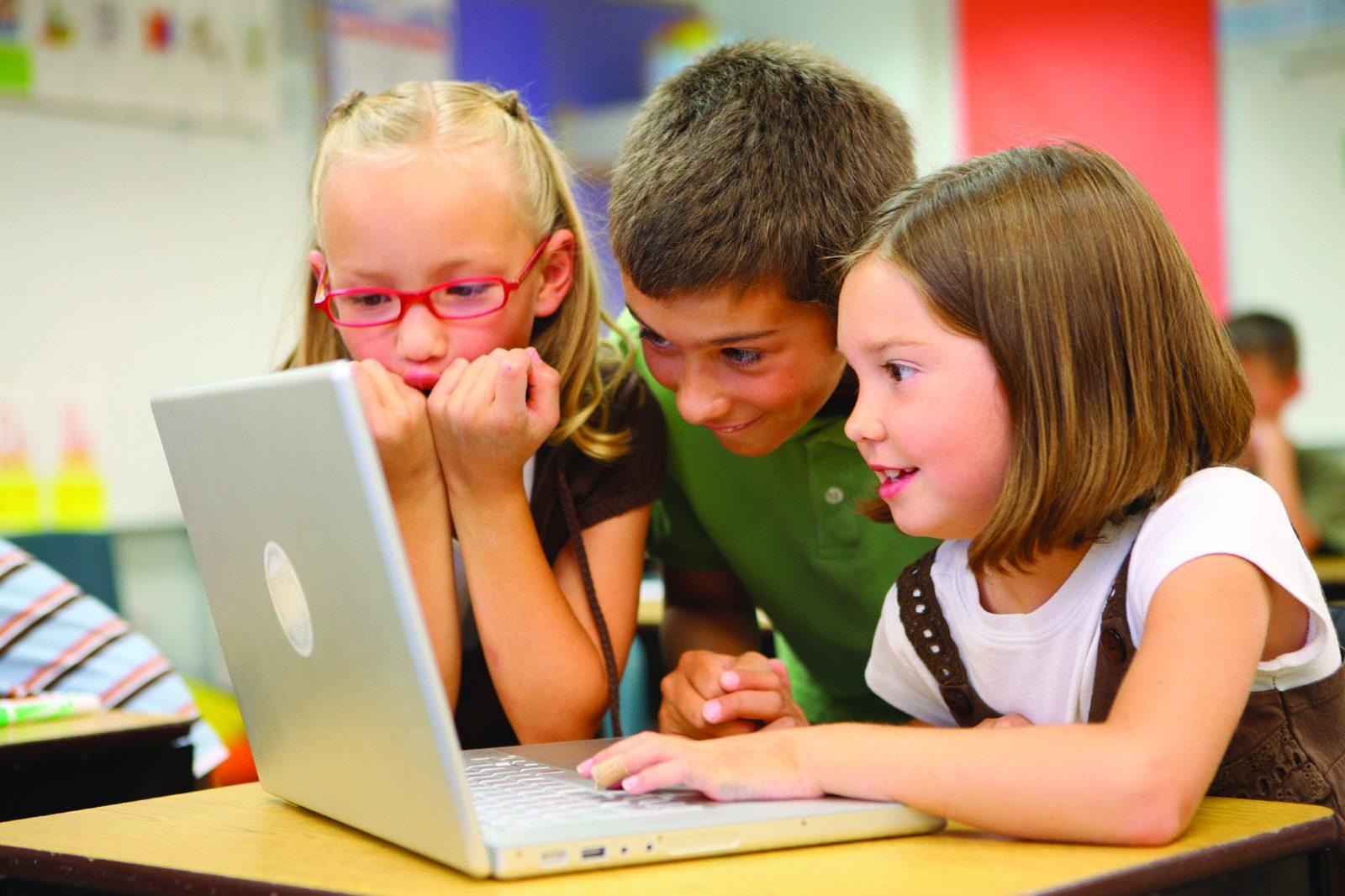When any atrocity happens, near or far, a moment of shock is followed by a deep understanding that the world is just a bit less bright. Whole communities may be shaken by a moment’s decision, adults left reeling and unsure of how to proceed. For parents, the gaze then shifts to the children; children are young and innocent, playing with toys and painting pictures in elementary school. To what extent must they be made aware of a horrible incident?
A Dorchester church hosted an event on Saturday to address this issue by engaging members of the community in conversation, performance and healing. Hosted with the youth in mind, the Think Peace event was attended by the family of Martin Richard, who died at the age of eight in the Boston Marathon bombing, and the family of Andrew Tavares, who died at the age of 17 from a gunshot wound, according to a Boston Globe article. Jane Richard, Martin’s sister, lost a limb in the bombing and danced at the Saturday event.
State Representative Gloria Fox spoke to the crowd at the event, stressing that “ordinary community members must actively engage their young people to help prevent future losses,” according to the Globe.
Events like this prompt the inevitable question of if we should discuss violence with young children. Recently, more than ever it seems, horrific events have invaded our private spaces. From elementary schools to movie theaters, the way we tell children about these events, and the world itself, needs to be more openly discussed.
On Dec. 14, 2012, an armed gunman burst into Sandy Hook Elementary School and murdered 20 first-grade students and six school employees. For many, this was the first instance since Sept. 11 that parents needed to sit down and have a serious talk about the state of the world with young children who could be scared to attend school or even leave the house.
Is it necessary to include every detail of an unimaginable event? Most definitely not. However, we must remember that children are far more observant and intelligent than we often give them credit for. Kids may be naïve, but they operate like sponges, overhearing snippets of conversation and catching a photo on a phone unlocked. We must not underestimate the knowledge they may already have and must be prepared to answer difficult questions, if they arise, from a place of compassion.
Along this line of thinking, children must be given enough information so they can be made aware of their surroundings. Though a vague statement, it may be helpful to think of the kinds of events that have transpired to serve as guidance. Regarding school shootings, for example, appropriate drills should be taught with stories of events that have actually happened to maintain the seriousness of the situation. If these drills are not paired with an event that has actually occurred, children may not take the drill seriously.
A recent public service announcement, presented by Sandy Hook Promise, deals with the very real issue of the threats in our public schools, while once again proving that we must best inform our children. In the PSA, a character is corresponding with a love interest until a gunman bursts in at the very end. After reviewing the footage onscreen, the signs that this attack was being planned in advance were incredibly obvious, but only on second glance. The PSA just once again reminds us that we must make young people aware of their surroundings and potential risks. Naïveté is not an option.
It also only feels right for parents or trusted advisors to have these conversations with children. Though difficult, it seems wrong for children to hear the information elsewhere or from another source.
Certainly, we don’t mean to advise parents on how to raise their children. However, the majority of us were very young children on Sept. 11. Some of us have memories of parents handling it well, while others only discovered the event and its effects in middle school.
As with anything, a balance must be struck between informing and scaring, and this can only be dictated by the child.
Perhaps the most important aspect of Saturday’s Think Peace event stemmed from its communal aspect. Friends and families, young and old, gathered to remember. The sense of community and compassion is a greater lesson than any drill.
Children must understand that after something horrible happens, life does go on. We move on, remembering and understanding. The world is a scary place, but we must not let that dictate our daily decisions.






















































































































